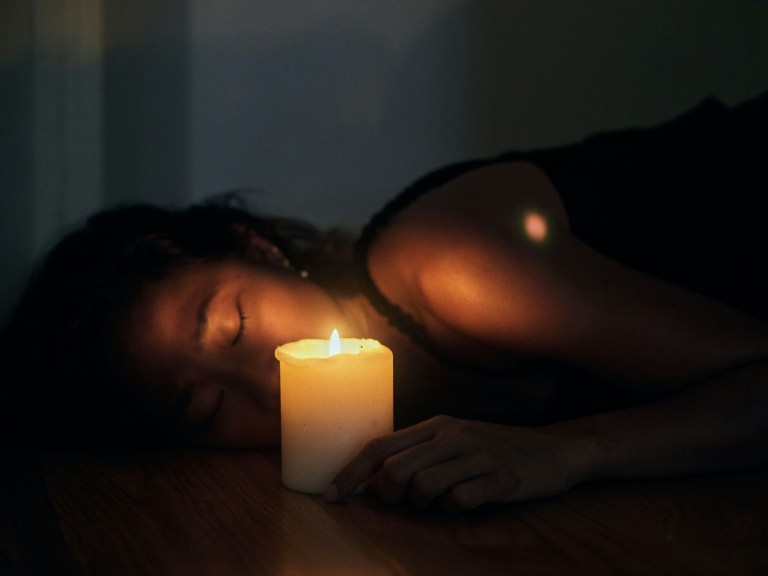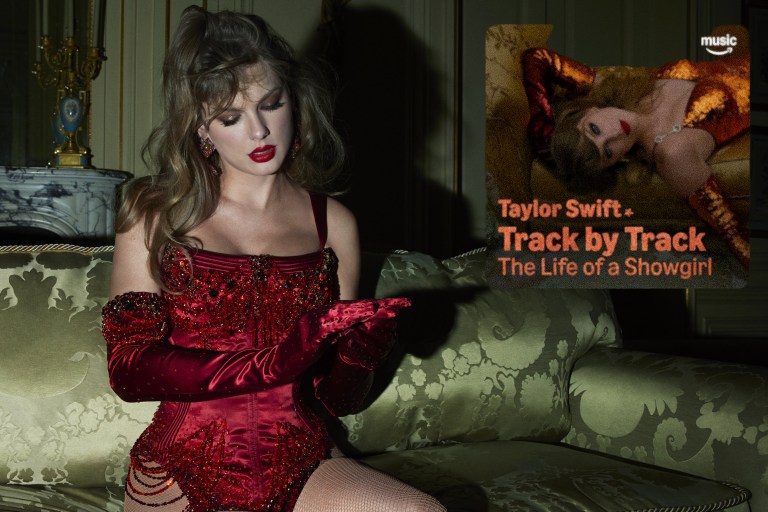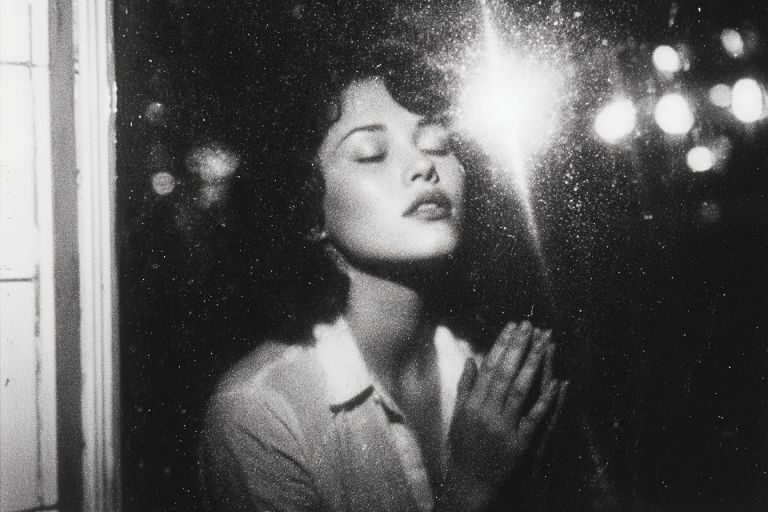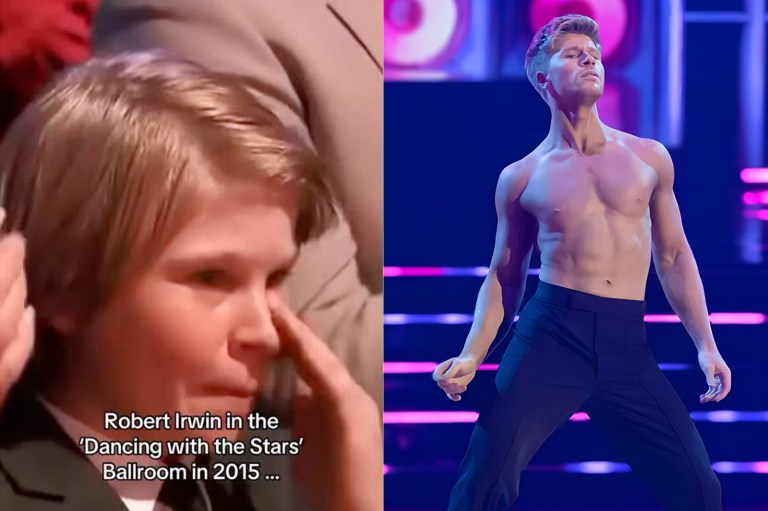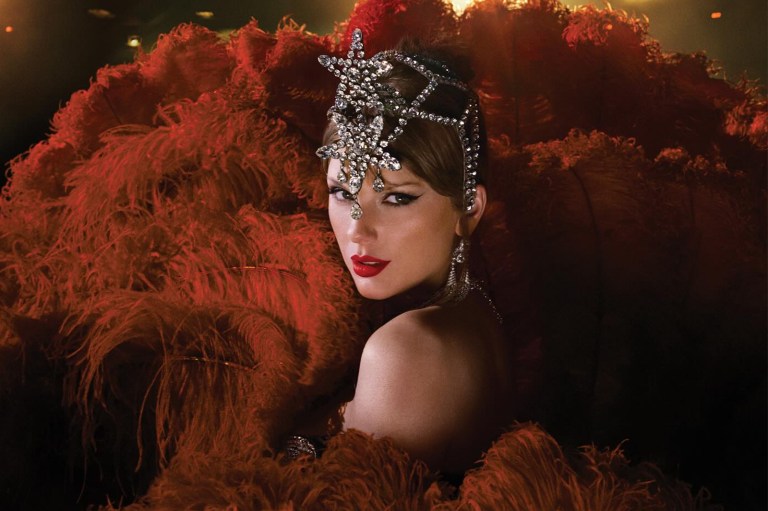
A Love Letter To The Boys Who Can’t Love Back
Your validation -- or, rather, its absence -- used to mean so much to me. I used to rise and fall at the beeping sound from a new text message.
Dear Boy,
I should start, I guess, by explaining why I address you as one person, although you are objectively many: It’s because you often feel exactly the same to me. When I would frantically compare notes with girlfriends over several glasses of wine, the similarities were uncanny. If this had been a crime, and we’d been detectives looking for a suspect who fit the description, there could have been no other assumption. Even in my own life, you all blur into one. The boy in fourth grade who pushed me down by the swing set and who, despite the well-intended insistence of my teacher, did not do it because he liked me — he is the same as the boy when I was 18 who called me at night but would never introduce me to his friends.
Your validation — or, rather, its absence — used to mean so much to me. I used to rise and fall at the beeping sound from a new text message. I would scramble to pick up my phone after hours, even days, of radio silence, only to throw it across my bed when I realized it wasn’t you. It’s funny how much your apathy caused me to resent the love of others, as though a friend checking in to see what I was doing this weekend was an insult in the face of the fact that you didn’t care. I remember how much importance I would place on the most insignificant signs, the degree to which I would read into a two-word sentence, as though I was going to create feelings out of thin air through my own interpretation. Sometimes, it felt like I was more in love with myself than with you, because you were always so more expressive in my imaginations of what you really meant to say.
There were always cycles to the whole thing, too. There was the thrilling first rush of infatuation, so blinding that you can almost not notice that it’s not reciprocated. There were the tepid few weeks of “dating” or “talking,” as you cruelly insisted on calling it, when everything would feel like a gift. Then, always late enough for the joke to be on me, I would realize that it wasn’t going to work — that, despite my heavily leaned-on ability to talk my way into and out of things, I wasn’t going to make you feel the same way about me. You had gotten what you wanted, and had always phrased things loosely enough not to make any promises about what our future was. I guess I never assumed that the vagueness meant there was no future, but I guess we can make a mental image of everything except zero.
Maybe I should be more resentful than I am. And, don’t get me wrong, I hated you for a long, long time. You, in fourth grade — I allowed your rejection of me in front of the whole class to color the way I’d talk to boys until well into adolescence. I can still see your face sometimes when someone says something really mean, where you can feel it pouring out of them with a nine-year-old’s abandon. And you, the vacation romance that I attempted to turn into something real, because of you I will always second-guess my perceptions. I will always wonder if you really meant the mean things you said at the airport, and if that was the only time in my life that someone had ever really described me for what I was. But I don’t hate you. I don’t even resent you anymore, really, in the sense that you no longer have any bearing on the trajectory of my life, and I can’t say that I’m a worse person for having (barely) known you.
In fact, I might say that I am better for it. And that’s why this is a love letter, and not some final jab with the intention of making myself feel like I was less humiliated than I was (I was very, very humiliated). Because there are only so many times you can get rejected before you start to realize that it isn’t the end of the world, regardless of how it might feel in the moment. Eventually, you understand that happiness and validation aren’t limited resources that you must siphon from everyone who shows you even brief attention, but rather something that you will have to enter into any relationship carrying a healthy supply of. When you wouldn’t validate me, I validated myself. When you told me that I wasn’t good enough, or that you weren’t being serious when you said you wanted to be with me, I had to want myself enough for the both of us. I had to know that I was valuable, and insist on my own self-worth so that no one could chip away at it again like the boy at the swing set.
How many wonderful things were started with the burning — if immature — feeling of “I’m going to prove him wrong, he’s going to regret this some day.”? Revenge isn’t an endurance sport, but it certainly gets you going in the morning.
I don’t think that you are a bad person. I don’t think that you are incapable of love, or don’t deserve to be happy — in fact, some of you are married now, and your wives look lovely from the few pictures I’ve seen. Even if it’s not perfect, I hope that the two of you are well-suited to one another and treat each other well. Although I know that you were perhaps colder to me than you should have been, our real problem was incompatibility. You wanted someone, you just didn’t want me, and that was the hardest thing to accept by far. But now that I understand it, I have gained a certain kind of sympathy for you. There’s something wonderful in knowing that I can stop torturing myself with questions of what I could have done differently, because my only mistake was being who I am. And you don’t know it, and you never will, but I am pretty great. ![]()
